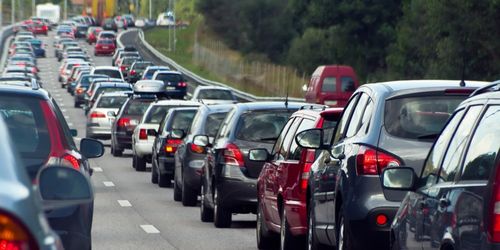
迅捷文字识别安卓版

- 文件大小:145.37MB
- 界面语言:简体中文
- 文件类型:Android
- 授权方式:5G系统之家
- 软件类型:装机软件
- 发布时间:2024-11-13
- 运行环境:5G系统之家
- 下载次数:233
- 软件等级:
- 安全检测: 360安全卫士 360杀毒 电脑管家
系统简介
Introduction to Vehicle Travel

Vehicle travel, a fundamental aspect of modern life, encompasses the movement of various types of vehicles on roads, waterways, and airways. This article delves into the concept of vehicle travel, its significance, and the different modes of transportation that facilitate this movement.
Types of Vehicle Travel

Vehicle travel can be categorized into several types based on the mode of transportation. Here are some of the most common forms:
Land Travel: This includes the movement of vehicles on roads, such as cars, buses, trucks, and motorcycles. Land travel is facilitated by a network of roads, highways, and streets.
Water Travel: This involves the movement of vessels on waterways, such as rivers, lakes, and seas. Boats, ships, and yachts are some of the vehicles used for water travel.
Air Travel: Air travel is the fastest mode of transportation, involving the movement of aircraft on airways. Planes, helicopters, and drones are examples of vehicles used for air travel.
Significance of Vehicle Travel

Vehicle travel plays a crucial role in our daily lives, contributing to various aspects of society:
Economic Growth: Efficient vehicle travel facilitates trade and commerce, enabling the transportation of goods and services across long distances.
Social Connectivity: Vehicle travel connects people, allowing them to visit friends, family, and explore new places.
Personal Mobility: Vehicles provide individuals with the freedom to travel independently, reducing their reliance on public transportation.
Challenges and Solutions in Vehicle Travel

While vehicle travel offers numerous benefits, it also presents several challenges:
Environmental Impact: Vehicles emit greenhouse gases, contributing to climate change and air pollution.
Accidents and Casualties: Vehicle accidents are a leading cause of death and injury worldwide.
Urban Congestion: In densely populated areas, vehicle travel can lead to traffic congestion, increasing travel times and reducing air quality.
Several solutions are being implemented to address these challenges, including:
Alternative Fuels: The development and adoption of electric vehicles and other alternative fuels can reduce greenhouse gas emissions.
Public Transportation: Improving and expanding public transportation options can reduce reliance on private vehicles and alleviate traffic congestion.
Infrastructure Development: Investing in road, bridge, and tunnel projects can improve traffic flow and reduce congestion.
Technological Advancements in Vehicle Travel

Technological advancements have revolutionized vehicle travel, making it safer, more efficient, and environmentally friendly:
Autonomous Vehicles: Self-driving cars and trucks are being developed to reduce accidents and improve traffic flow.
Smart Transportation Systems: The integration of technology into transportation networks can optimize traffic flow, reduce congestion, and improve safety.
Connected Vehicles: Vehicles equipped with advanced communication systems can share information with each other and with traffic management systems, leading to safer and more efficient travel.
Conclusion

Vehicle travel is an essential part of our lives, connecting us, facilitating trade, and providing personal mobility. While challenges exist, ongoing technological advancements and policy changes are addressing these issues, ensuring a safer and more sustainable future for vehicle travel.
常见问题
- 2025-05-05 植物大战僵尸随机植物版本
- 2025-05-05 我是一只鱼手游官网版
- 2025-05-05 葫芦娃枪战精英
- 2025-05-05 得力标签打印
装机软件下载排行

其他人正在下载
- 天体数藏app
- 液多多商户版
- 旺店通旗舰版手机版
- 小滴云手机官网版
- 小狐狸官方手机钱包
- tokenpocket官网下载
- Cobo钱包官网版
- tokenim官网下载
- TronLink正版钱包
- Math Wallet钱包官网版






